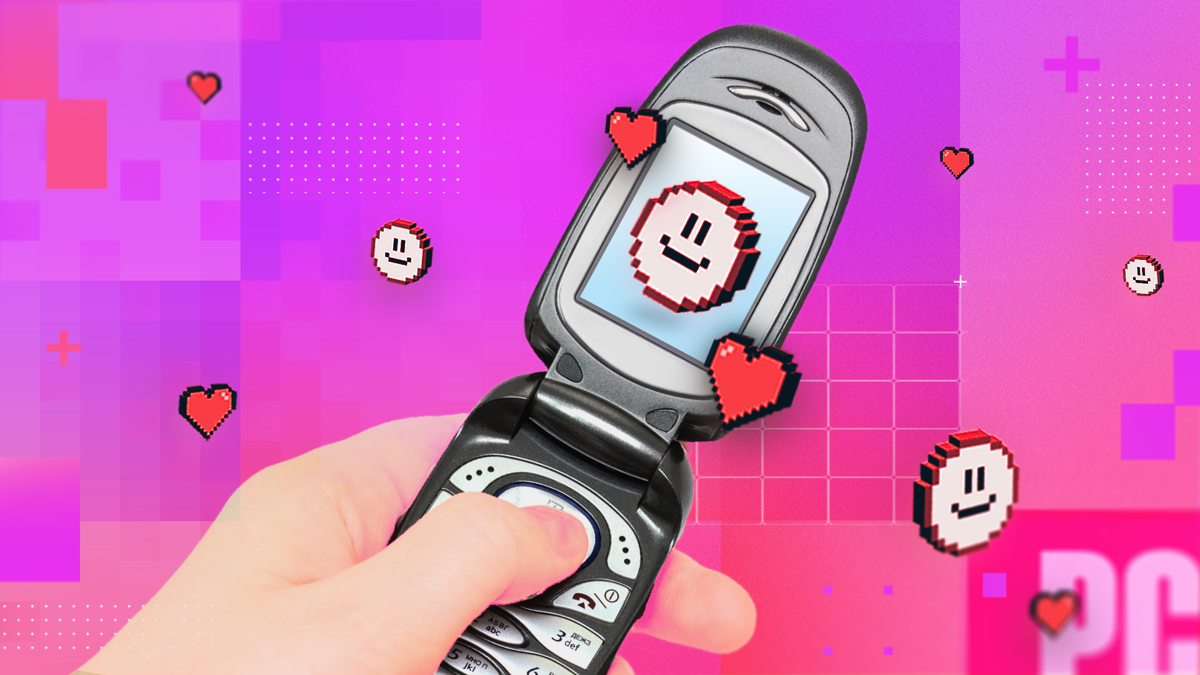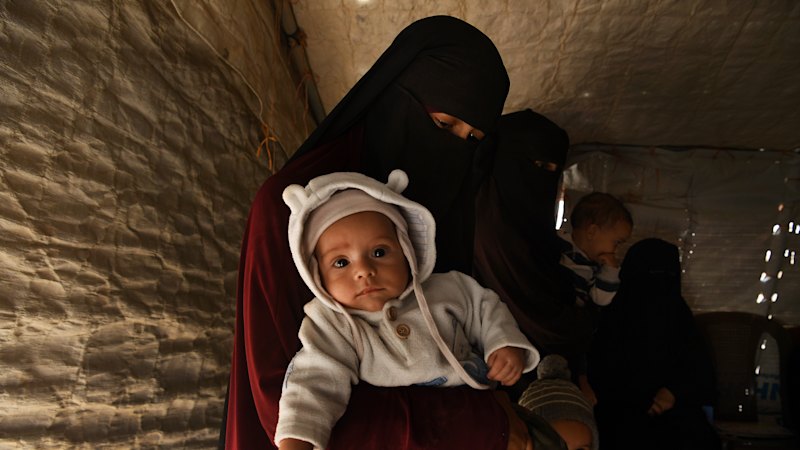
The concept of “neurodiversity” is still evolving, with ongoing debates about its scope and implications. While some experts limit the term to neurodevelopmental differences like autism, ADHD, and dyslexia, others argue for a broader inclusion of mental health conditions. Despite these discussions, the voices of neurodivergent individuals themselves have often been overlooked—until now.
In a groundbreaking study, researchers surveyed over 900 neurodivergent adults in the UK to gauge their perspectives on terms like “neurodiversity” and “neurodivergent.” The findings reveal a complex landscape of opinions, highlighting both the empowering potential and the pitfalls of these labels.
The Language of Neurodiversity
Neurodiversity refers to the diverse ways people think and behave, much like ethnicity defines cultural identity. Approximately 15% of the population is considered neurodivergent, possessing brains that function differently from the “typical” 85%. This terminology, however, is not without its challenges.
According to the survey, nearly all participants were familiar with the term “neurodiversity,” and 74% actively used related language to describe themselves. Yet, a significant issue emerged: the frequent misuse of these terms. For instance, “neurodiverse” is often incorrectly applied to individuals or groups of neurodivergent people, when it should describe a mix of neurotypical and neurodivergent individuals.
“Neurodiverse” describes groups that include both neurodivergent and neurotypical people. “Neurodivergent” refers to individuals or groups of people whose brains work differently.
Perceptions and Misunderstandings
For many survey participants, the incorrect use of neurodiversity language was more than a minor error. It was seen as a “red flag,” particularly when used by experts or organizations that claim inclusivity. Such mistakes suggest a superficial adoption of inclusive language without meaningful changes in practice.
Opinions on the term “neurodivergent” itself were mixed. Some participants valued it as a “safe umbrella,” offering a way to discuss identity without listing multiple diagnoses. It provided a means to share personal information while minimizing stigma associated with specific conditions like autism or ADHD.
Conversely, others found the term too vague to convey their daily experiences or specific support needs. The lack of widespread understanding of “neurodivergent” further complicated its effectiveness as a self-descriptive tool.
The Broader Implications
The debate over neurodiversity language reflects broader societal issues. Language not only shapes individual identity but also influences societal perceptions. While umbrella terms can foster community, they should not replace specific identities like autism or ADHD, which hold significant value.
There is a risk that broadening the language could inadvertently increase stigma towards certain conditions by grouping them under a single label. Instead, efforts should focus on reducing prejudice and discrimination against neurodivergent individuals while promoting respectful and accurate language use.
Moving Forward
Effective communication requires sensitivity and accuracy, especially when discussing neurodiversity. For those engaging with neurodivergent individuals, mirroring their language choices can be a respectful approach. However, it is crucial to use terms correctly to avoid frustration and miscommunication.
As one participant succinctly put it, “Getting it wrong might just make a neurodivergent person want to hit you with a dictionary.” The importance of precision in language cannot be overstated, particularly for organizations and individuals advocating for inclusivity.
Ultimately, the goal should be to foster an environment where diverse neurotypes are understood and respected, paving the way for a more inclusive society. This involves not only adopting the right language but also implementing practices that genuinely support and empower neurodivergent individuals.
This material, originally published by The Conversation, has been edited for clarity, style, and length. All views expressed are those of the original authors and do not reflect institutional positions of Mirage.News.







